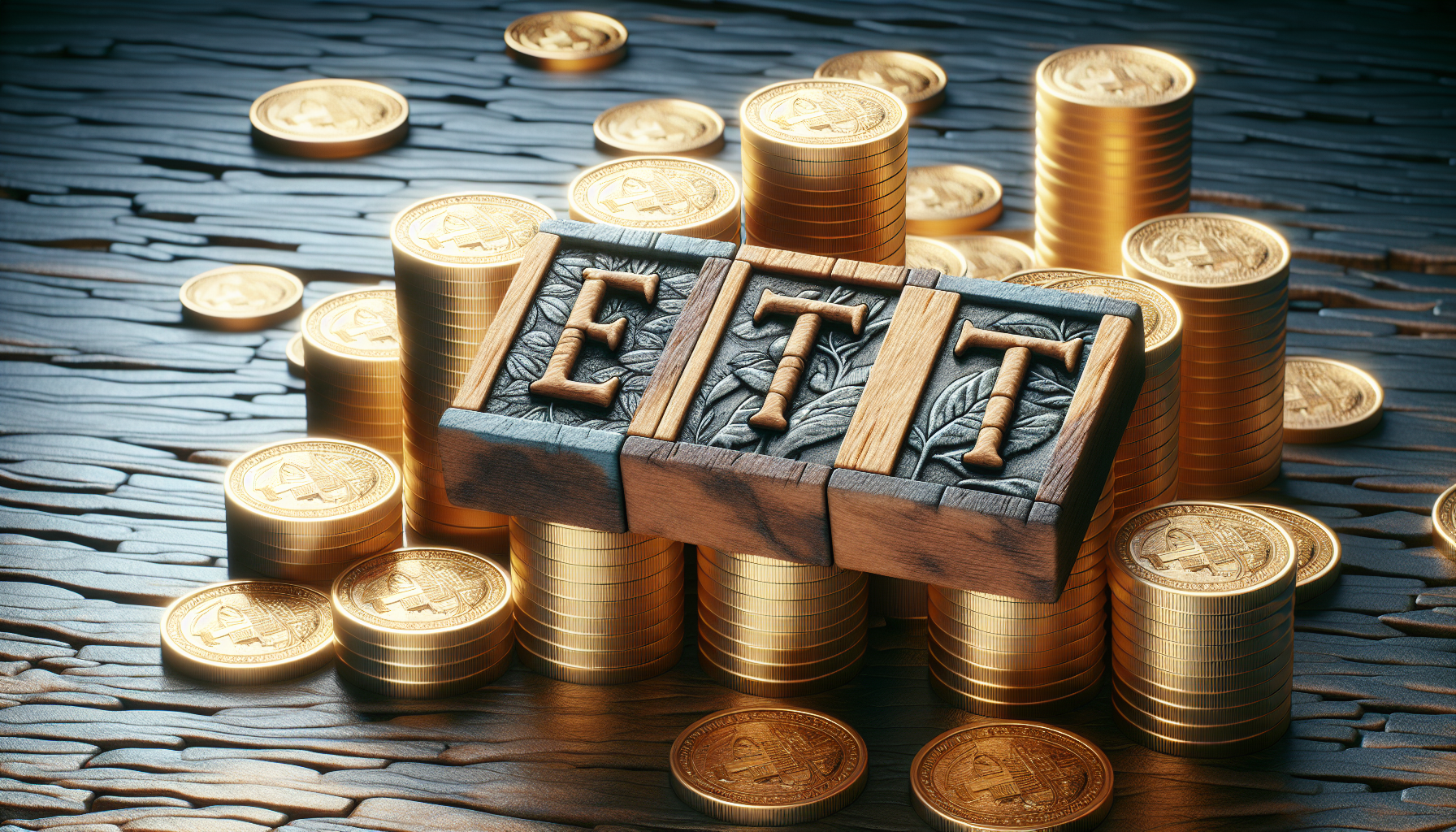
tl;dr
Charles Hoskinson, founder of Cardano (ADA), criticizes the SEC for demanding crypto firms register as securities while allegedly failing to comply with its own record-keeping rules. Coinbase's legal team accuses the SEC of destroying internal memos that could support their case, and is seeking ex...
**Crypto's Legal Showdown: Coinbase vs. SEC and the Hypocrisy Debate**
Charles Hoskinson, the founder of Cardano (ADA), has thrown his weight into the ongoing legal firestorm between Coinbase and the U.S. Securities and Exchange Commission (SEC), with a dose of sarcasm that’s as sharp as it is pointed. In a recent post on X, Hoskinson mocked the SEC’s demand that crypto entities register as securities, quipping, “I’m sure Gary can come in and register,” a jab at former SEC Chair Gary Gensler, who once urged crypto firms to “just come in and register” during his tenure. The irony? Gensler’s own agency is now accused of violating the same record-keeping rules it enforces.
The feud isn’t just about words. Coinbase’s Chief Legal Officer, Paul Grewal, has accused the SEC of destroying internal memos that could bolster Coinbase’s defense in its lawsuit. Grewal is pushing for expedited discovery and sanctions, arguing that the SEC’s alleged destruction of evidence undermines the legal process. Hoskinson seized on this, accusing the SEC of double standards: fining crypto firms for failing to keep records while its own actions suggest a lack of compliance. “If the SEC can’t follow its own rules,” he wrote, “why should crypto companies?”
Coinbase’s legal battles are far from isolated. In late July, Grewal filed a legal brief challenging the U.S. Federal Deposit Insurance Corporation (FDIC), which had sought to dismiss Coinbase’s lawsuit. Coinbase accuses the FDIC of trying to drive crypto firms out of the financial system, a claim the agency has yet to fully address. Meanwhile, in Oregon, Coinbase is fighting a state law that would allow local regulators to enforce crypto rules independently of federal oversight. The company argues this creates a patchwork of regulations that stifles innovation and clarity.
At the heart of these disputes lies a broader question: Can the SEC and other regulators provide the consistency and transparency the crypto sector desperately needs without resorting to tactics that critics call hypocritical? Coinbase’s legal team is betting yes—but the road ahead is fraught with challenges. As Hoskinson’s sarcastic remark suggests, the SEC’s credibility may hinge on whether it can walk the line between enforcing rules and adhering to them.
For now, the crypto world watches closely. Will Coinbase’s fight force regulators to reckon with their own practices? Or will the legal battles further muddle the path to mainstream adoption? The answer, like the market itself, remains in flux.